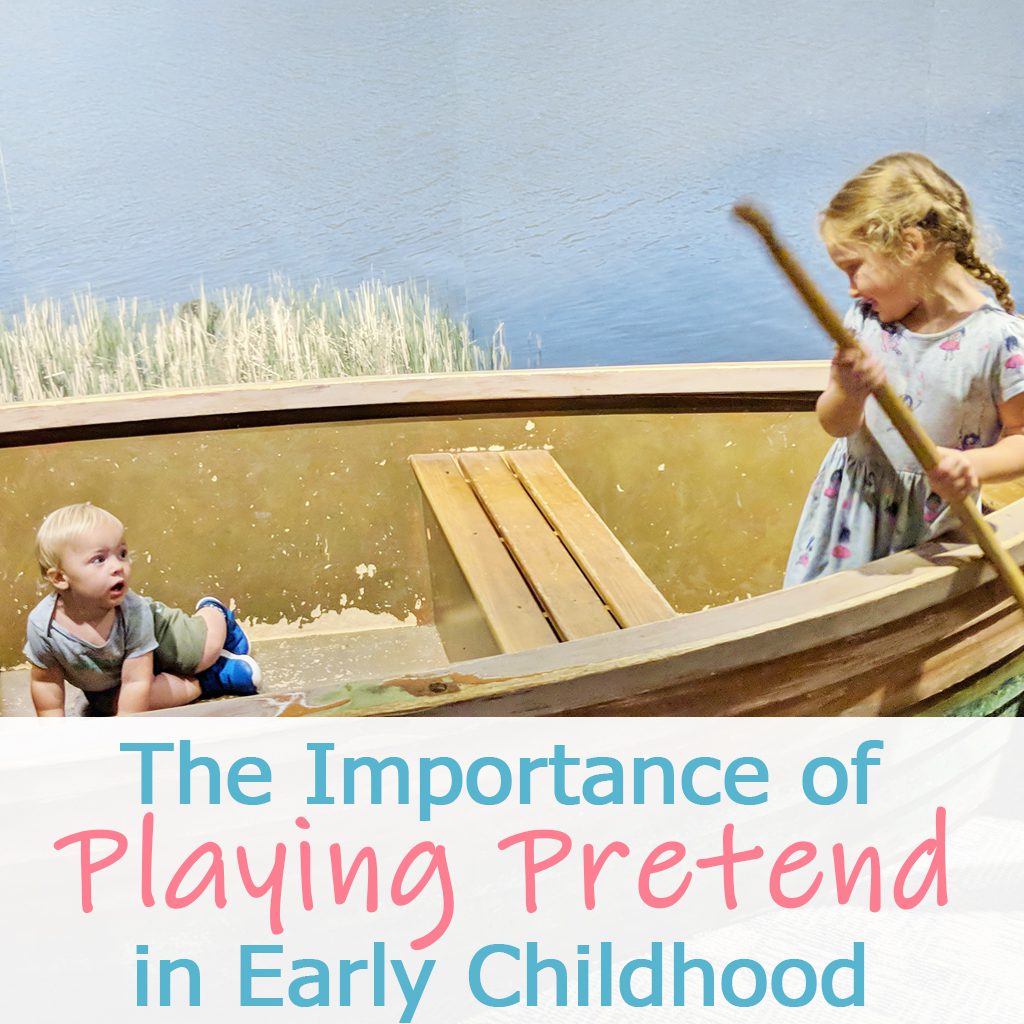
The Importance of Playing Pretend in Early Childhood
Playing pretend is so important for children. It builds skills that are necessary for real-world situations and helps them understand adult responsibilities. You can encourage imaginative play by setting up a play area. It could be a kitchen, fort, post office or grocery store. Some items to provide could be a cash register, dolls, cardboard blocks, costumes, pillows, balls or stuffed animals. Play with your child and take on a role of a character in your pretend story. There are so many benefits of pretend play.
Acting out real-life roles
Children learn about roles in real-life through pretend play. They learn their role in society and how to behave in different settings. For example – at a restaurant we talk softly, say please and thank you and don’t talk with food in our mouth. They learn about themselves, what they like or don’t like, and their personality. They learn jobs like being a fire fighter or animal caretaker. It’s important to know how to be a sister, brother, mom or dad and how to care for a baby. Dolls are a wonderful pretend play toy to teach a little one these things, especially if you are expecting a baby.
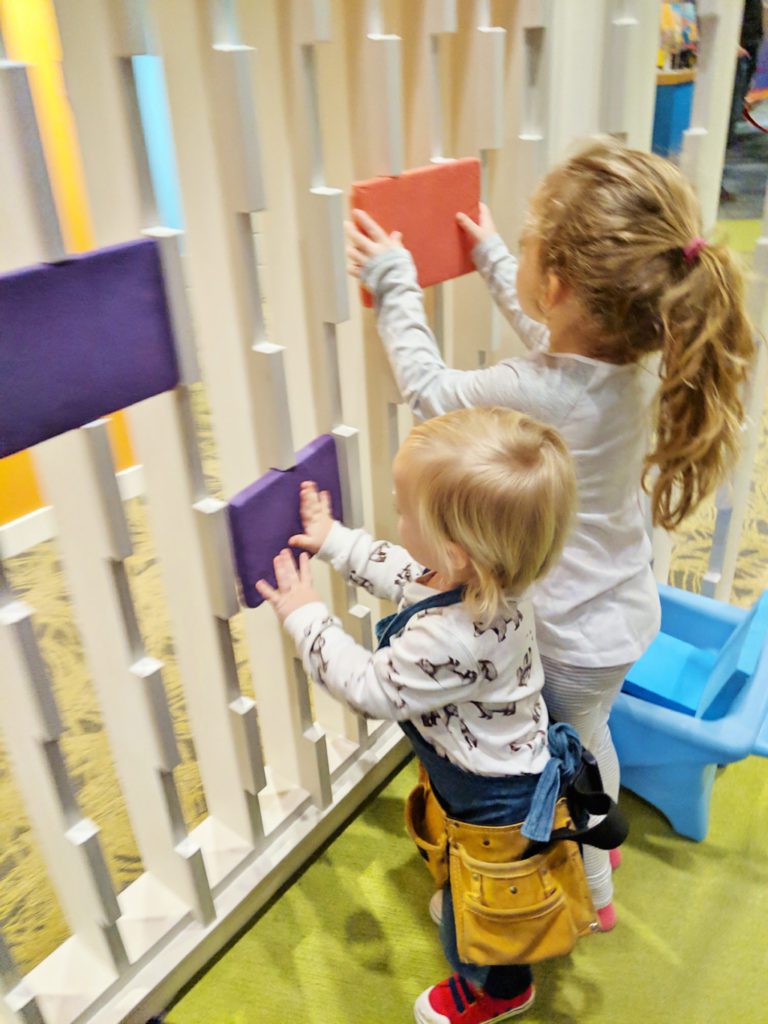
Siding a house at the Museum of Play.
Conflict Resolution
In all stories, there is a conflict that needs fixing. While playing pretend, we are essentially acting out stories. My daughter and her dad like to pretend they are defending a castle that is under attack. The first wall might get breached and someone has to run out and block it off or someone might get caught in a trap and they have to figure out how to release them. Now, she probably won’t be defending a castle in real-life anytime soon, but she is learning problem solving. She sees that there is more than one way to solve a problem and tries to work out which solution is the best. The problem could be as simple as a dirty diaper or a loose screw.
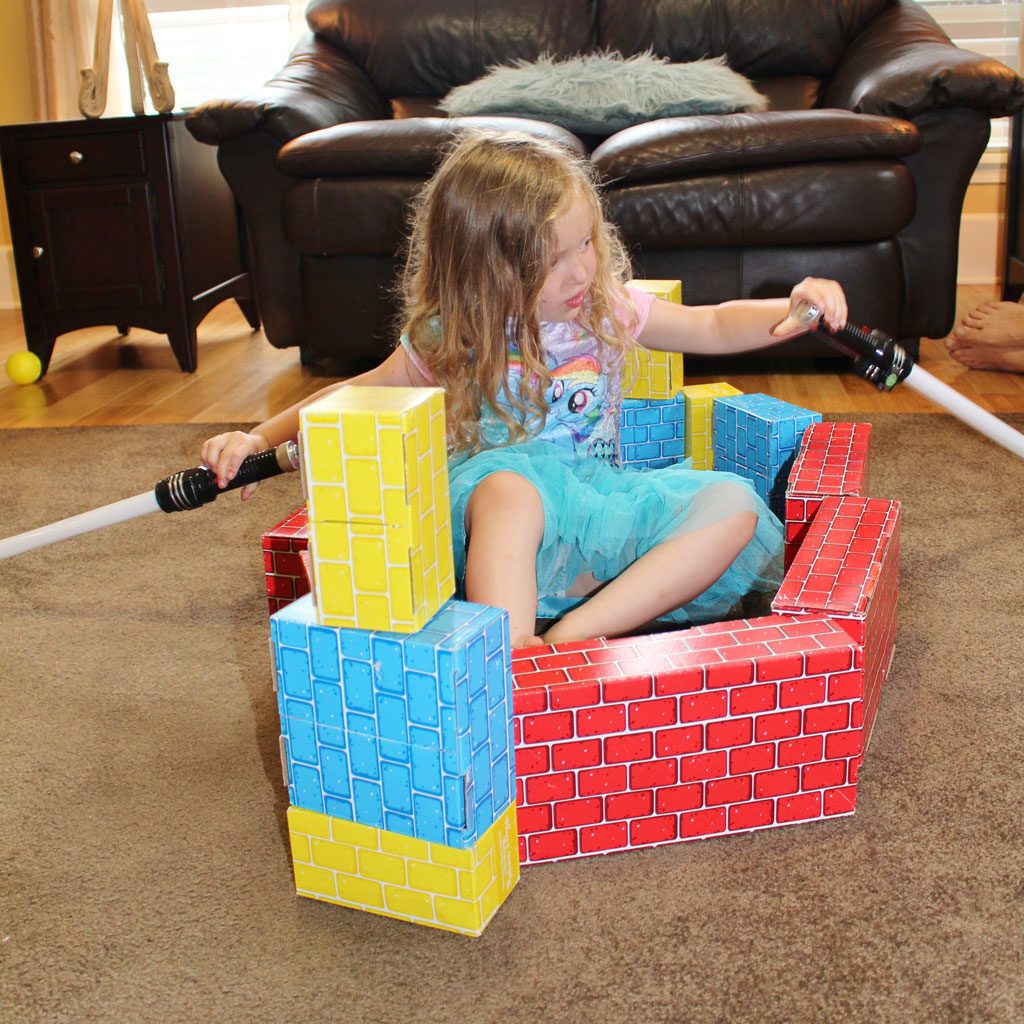
Rowing a boat to Treasure Island.
Language Skills
Children repeat what they hear. Each time I hand something to my 18 month old, I say thank you. He started mimicking and saying “deet oo” for “thank you” because he heard me repeat it to him. When you play pretend, you naturally talk out what’s happening and your little one is soaking it all up. Next time you play kitchen, you may notice him say a word that you mentioned the time before. While playing defend the block castle, my daughter will say “initiate protocol yellow 4” and type on her fake tablet. Each time you play, you are building vocabulary and phrases.

Introducing Lady Ahria.
Counting & Grouping
You can teach categories with pretend play by grouping similar items. While playing kitchen, you can have your child put fruits and vegetables in separate containers or sort them by colors into corresponding bowls. Once they are sorted, count how many of each you have. You could ask your child to find a specific amount of each group like 4 vegetables and 2 fruits. Maybe you are working in a car shop and need to sort cars and trucks or a clothing store sorting shirts and pants. You could use a cash register and pay for items, counting money.
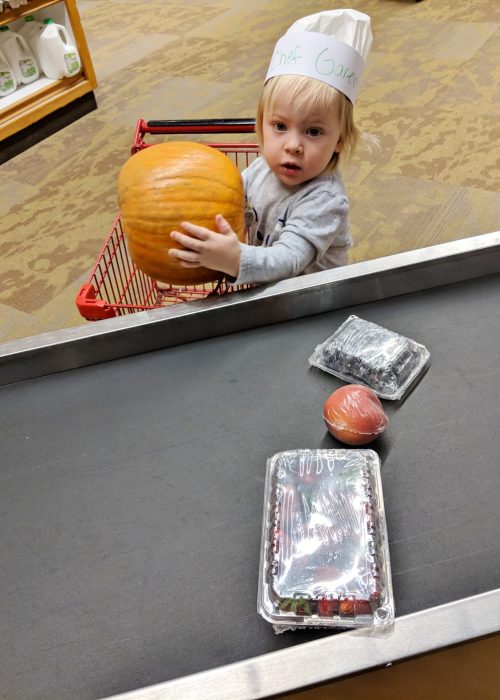
Cashing out at the pretend grocery store.
Understanding Emotions
Children need to know how to deal with emotions, especially sadness and anger. When a child doesn’t know what to do with a feeling of emotion, it can be overwhelming and is often misdirected. While playing pretend, there is usually a conflict that could be sad or exciting. They learn to talk about their emotions and express them in a healthy way. They learn to calm themselves – maybe they smile and do a dance or frown and take a deep breath or even use a breathing bracelet. Children also learn empathy, identifying and understanding other’s feelings. These are important skills for real world events like a big change in their life – loss of a pet, moving houses, etc.
Working Through Scary Situations
Going to the dentist can be a scary and confusing place. Laying on your back while a stranger sticks cold, unusual instruments in your mouth isn’t very pleasant. When my daughter was 2, she smashed her mouth on the tub and cracked 4 teeth. Plus, she had a mouthful of cavities and decay. We Naturally Halted & Reversed her Tooth Decay but she still had 2 teeth that needed fillings. Before she had them done, we went to the dentist and made a fake filling for a stuffed animal with a cavity. She got to see all the tools and the process of filling the tooth. Every day until her appointment, she pretended to be her dentist and I let her practice what she learned on me. As a now ONLY 3 year old, she was able to sit still and allow the process, without anesthesia, to fix her teeth. She worked through her fear and gained confidence by playing pretend. Other situations like this can be played out, even situations that have already happened, so you can work out the best way to get through it together.
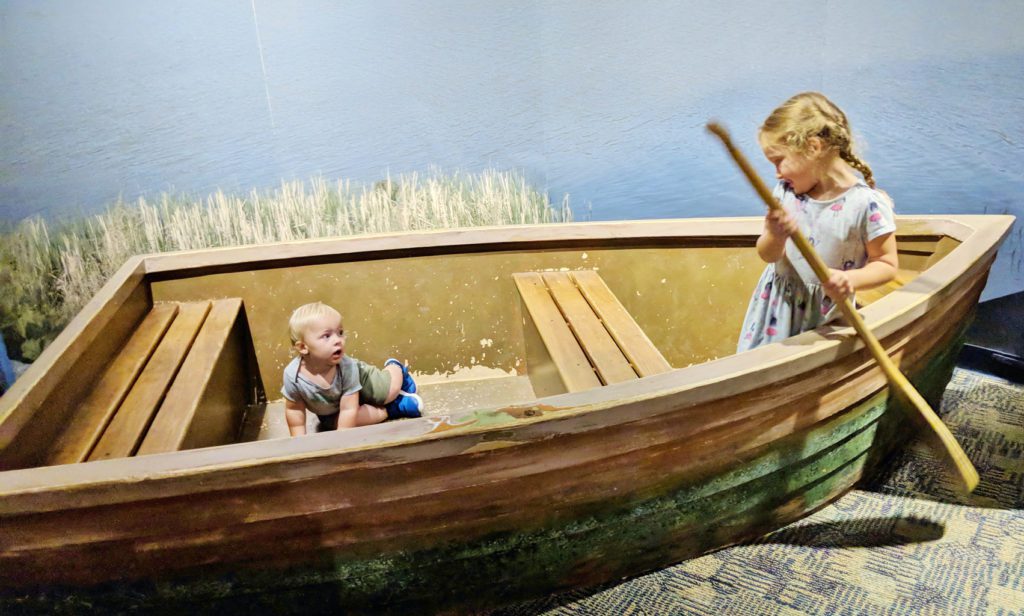
Pretending to be explorers at the science museum.
Developing Creative Adults
Encouraging children’s creativity is essential for their future success as innovative adults. By fostering imagination through activities such as playing pretend, we are helping them to develop the skills necessary for thinking outside the box and finding solutions to complex problems. This creativity will become an invaluable asset in their adult lives, allowing them to invent new and improved things and to constantly strive for better.
Connection With Family & Friends
One on one time is the best gift you could give your child. They are desperate for attention and praise. Conversations in a one on one setting are different than in a group setting. You will learn a lot about your child’s personality, fears and abilities. As you learn more about your child, you can use the information to help them thrive. Play and teach what they want to play and learn! This tells your child that you care about their needs and desires. They will build self-confidence and learn how to develop a trusting relationship. Best of all, your relationship will strengthen and your bond will grow.
Escape From The Real World
Playing pretend can be a wonderful escape from the stresses of the real world, not just for children but for adults as well. By allowing ourselves to fully immerse in the moment and play out a story, we can forget about our worries and simply enjoy the experience. Whether it’s taking on a different persona, exploring a make-believe world, or simply letting our imaginations run wild, the act of playing pretend can be both fun and therapeutic. It’s a chance to take a break from reality and indulge in some much-needed relaxation and enjoyment.
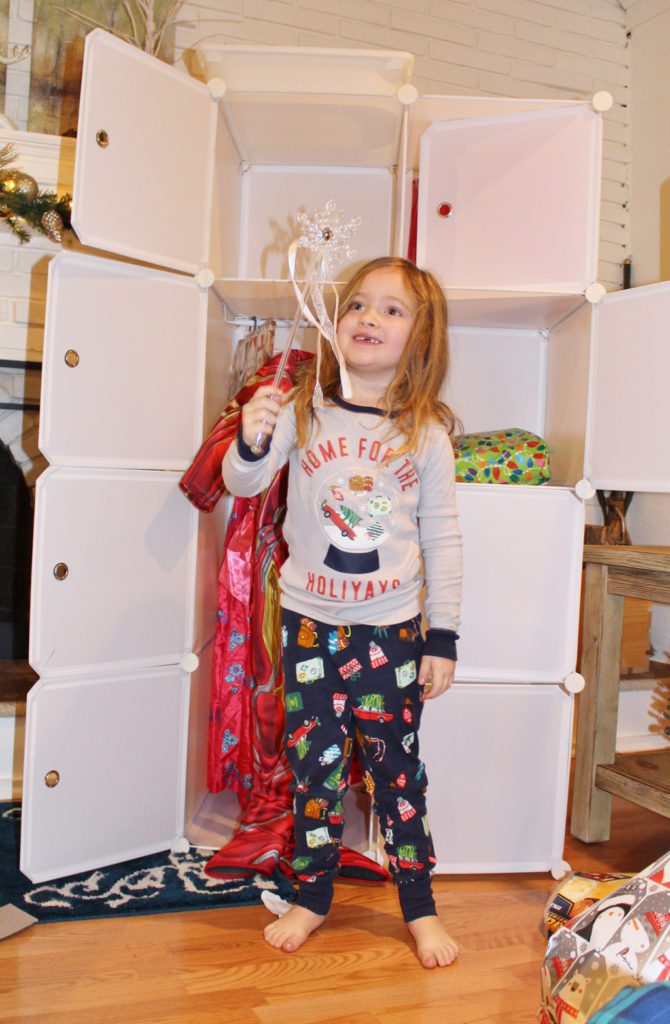
A few easy ideas for play (the list is endless though!):
- Dress-up – For Christmas we bought a Portable Cube Wardrobe and filled it with props and costumes.
- Doctor
- Warm up at the beach
- Defend the castle
- Care for animals
- Care for dolls
- Shop for groceries
- Picnic at the park
- Handyman
- Go sailing
Struggling to play pretend? Here’s a few tips:
Talk about the 5 senses – What’s happening around you? Create and tell a story.
Children follow your lead – At least in the beginning. Make sure you help guide them along. They will start coming up with their own pieces to the story and eventually take the lead. Let them!
Give tasks or quests to complete – “Can you find the hidden key to the treasure chest?” or “Anchor the boat so it doesn’t float away!”
Ask open-ended questions – What should we do next? What food did we bring?
Say “YES!” – Go with the flow. Don’t try to force them into doing what you want or think is right. This is their special time to create and use their imagination. Children become uninterested and feel their thoughts aren’t valued when you consistently tell them no and change their ideas.
Playing pretend with children is not only a fun and entertaining activity but also an important aspect of their development. By engaging in imaginative play, children are able to enhance their creativity, problem-solving skills, social abilities, and emotional intelligence. Additionally, playing pretend allows them to explore different perspectives, learn about the world around them, and build their confidence and self-esteem. As adults, it’s important that we encourage and participate in these types of activities with children, as it can have a positive and lasting impact on their growth and well-being.
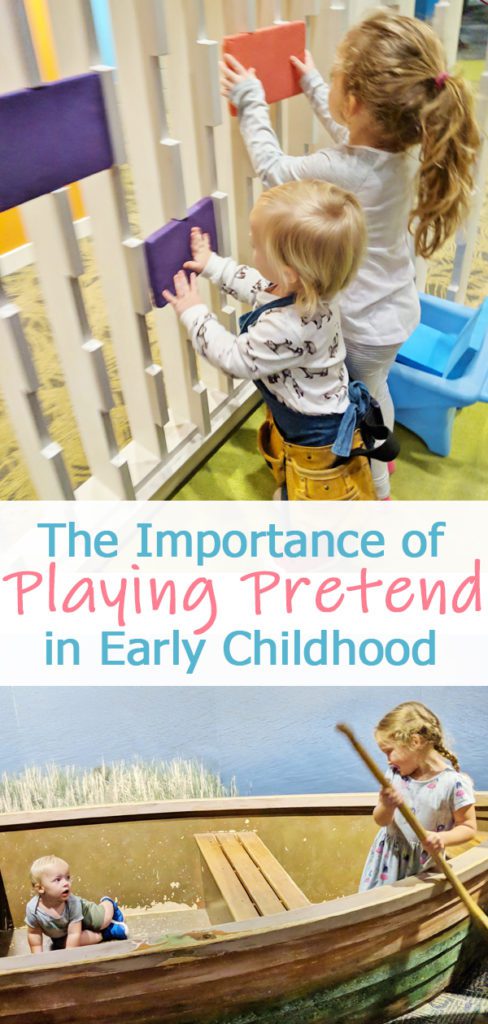
Related Posts
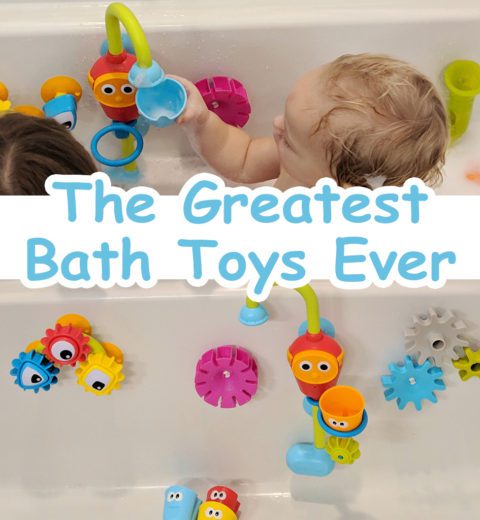
The Greatest Bath Toys Ever
December 30, 2018
I Sense Spring Activity
March 28, 2021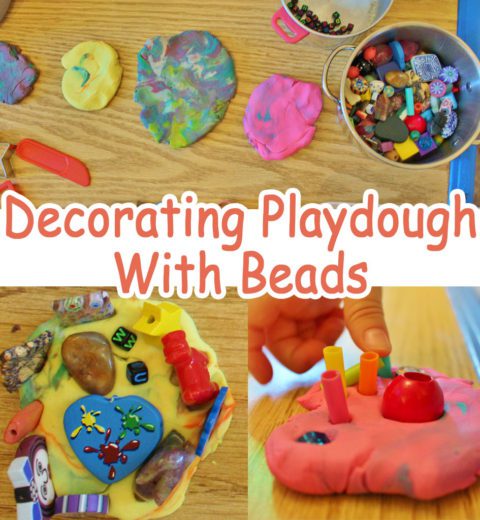
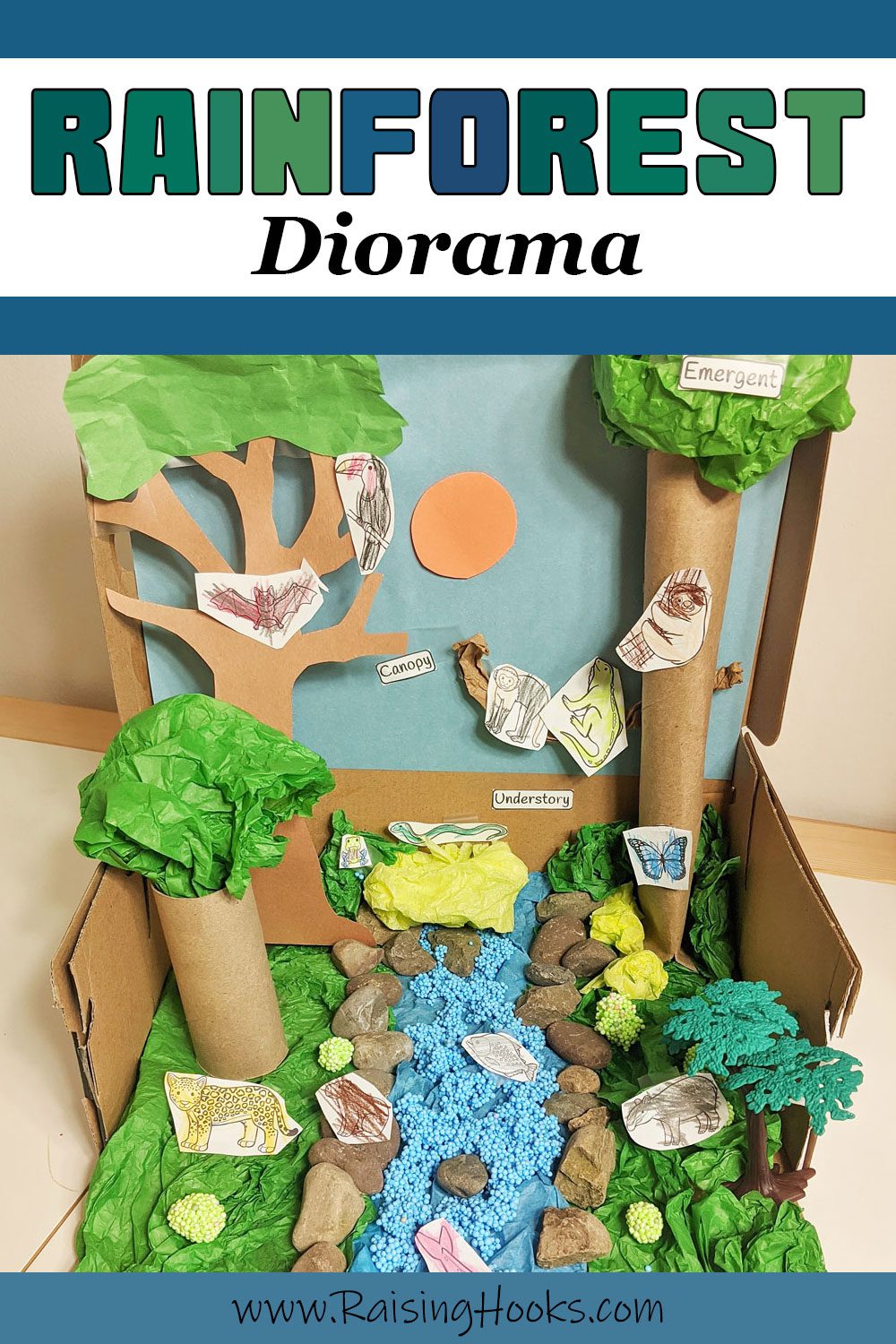
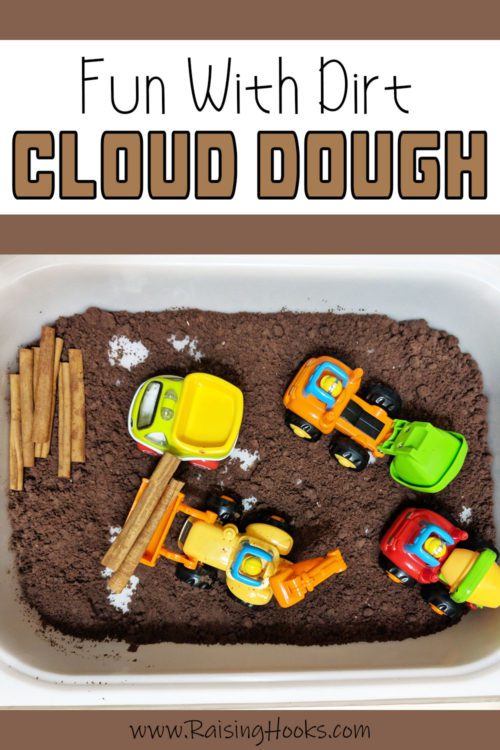
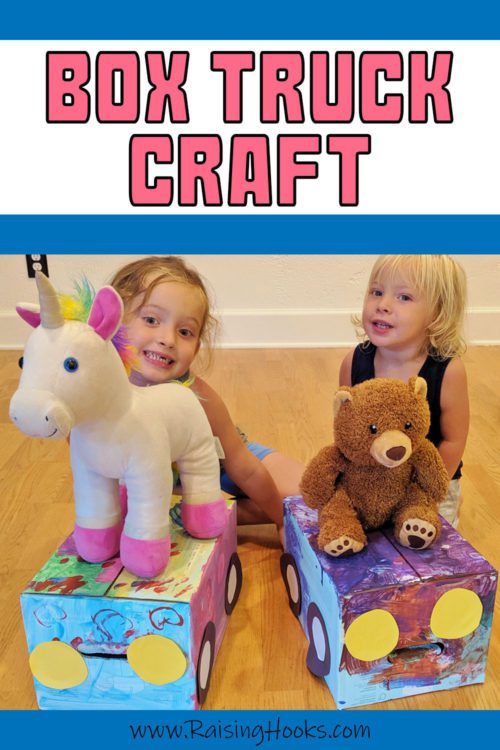
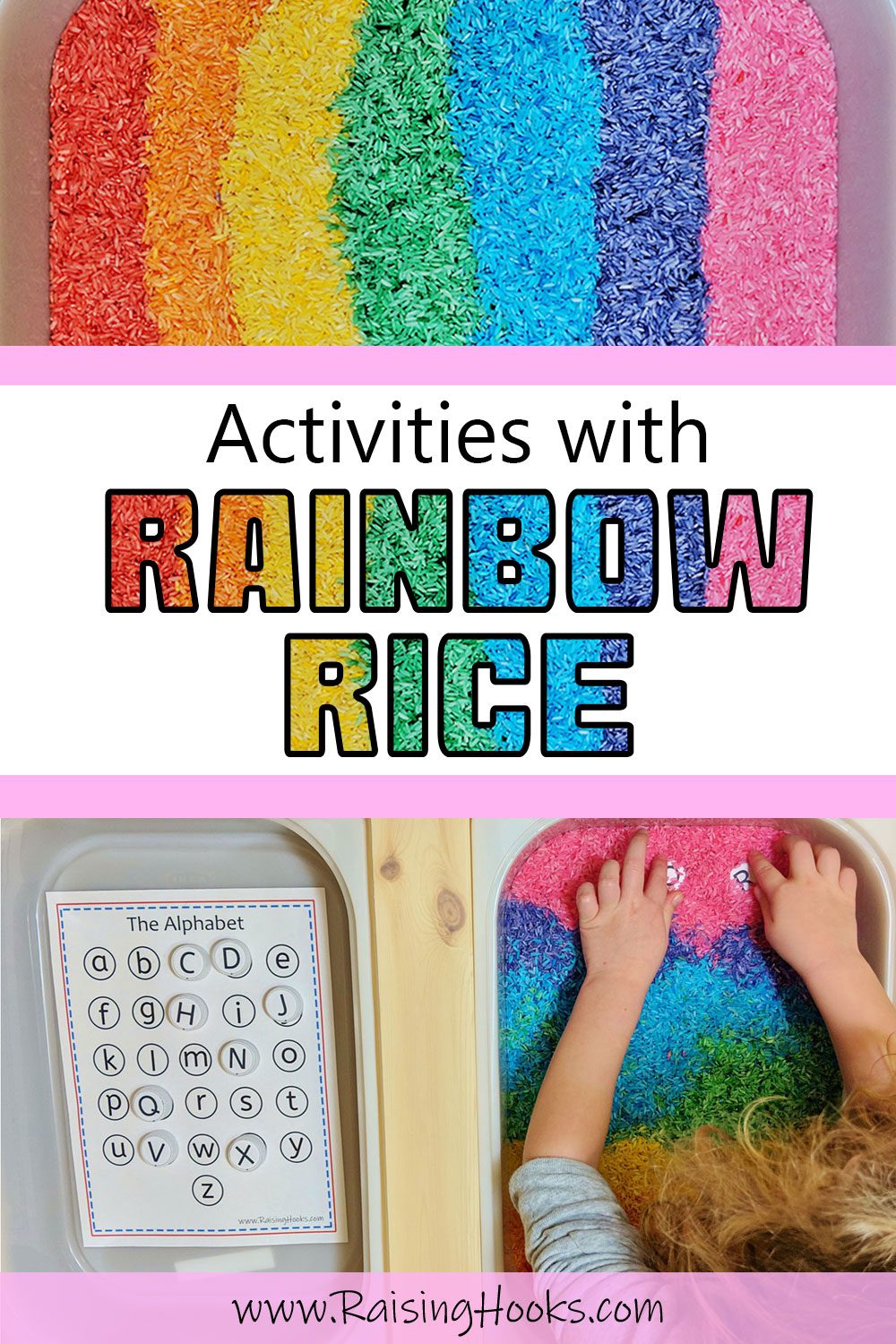
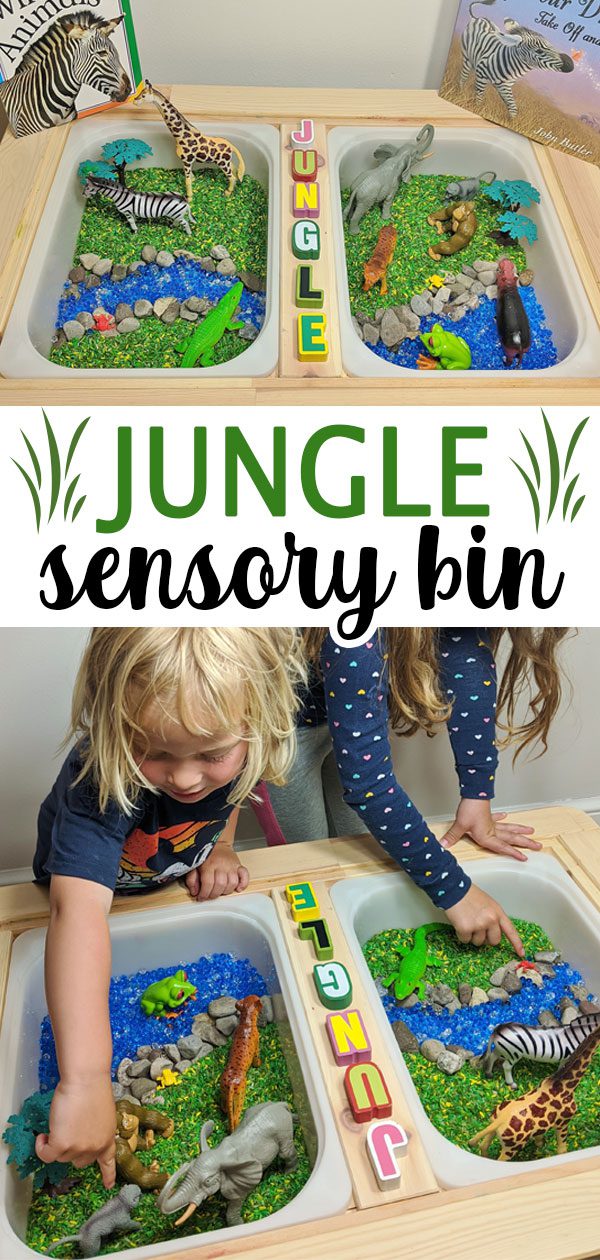

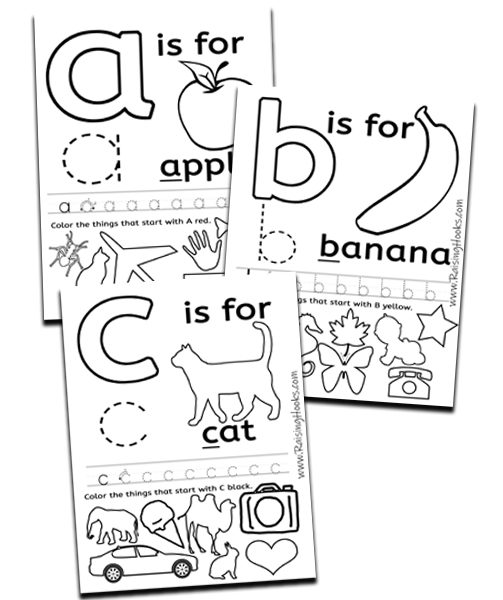
6 Comments
Elizabeth
Let’s Pretend is one of the most important games you can play as a child. It teaches you so much and stretches you beyond your everyday life. This is such an important post.
Shannon
Very true. Thanks, Elizabeth!
Lindsay | SplendiferousMama
I totally agree with you! Imaginitive play is so important. Through it our children learn so many life lessons and life skills. I love to watch my kids as they play and interact with each other. One of our favorite places to go is our local children’s museum! It’s amazing and filled with life type experiences- grocery store, bank, traffic stop, veterinarian office, etc. I love your story about the dentist trip. It’s so good for our kids to see what the experience is going to be like and it takes away a lot of the anxiety, especially about something that could be scary. I love your tips about how to pretend! Thanks!
Shannon
Our favorite is the children’s museum as well. We go twice a week in the winter. Ours has a spot where you can brush a giant set of teeth so that worked out nicely for our dentist trip too. Thanks, Lindsay!
Mama Writes Reviews
One of my kids has autism and rarely plays pretend… my other kid babbles all day as he plays pretend with his toys. I feel almost guilty that my autistic son doesn’t play pretend, but he seems to be doing just fine otherwise! He’s gotten a little better about using his imagination once he started school… we actually put it into his IEP and discussed it at length during his ARD meeting.
Shannon
That’s great that he’s getting better! Maybe you can come up with some fun ideas to really engage him. It’s nice that you have IEP help too.